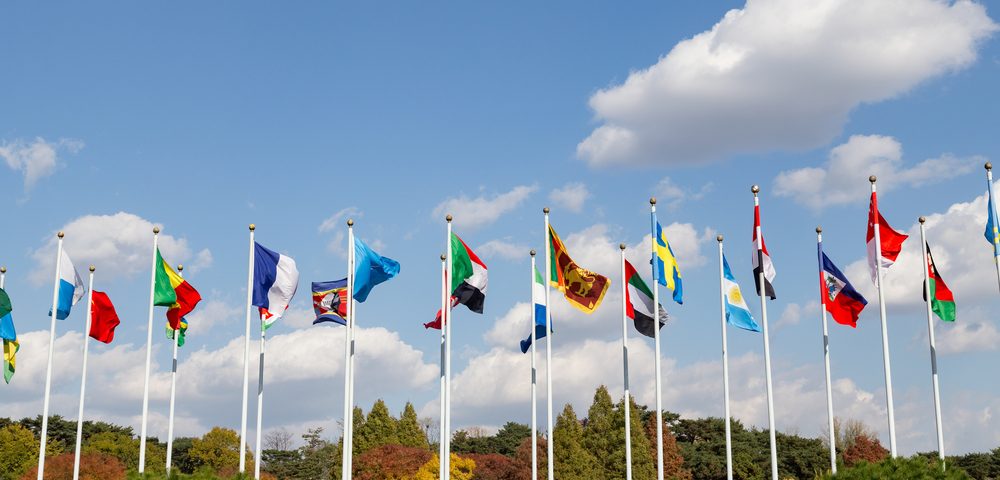Reading about the metastatic breast cancer (mBC) you’ve been diagnosed with is never easy, but when English isn’t your native language, it’s a lot harder to grasp your condition and your treatment options.
To fill this gap, Living Beyond Breast Cancer (LBBC) has translated its signature “Metastatic Breast Cancer Series: Guide for the Newly Diagnosed” into the five languages besides English that are spoken the most in the United States. They are Spanish, Chinese, Vietnamese, the Philippine language Tagalog, and French.
LBBC became aware of the need when Arin Ahlum Hanson, the patient organization’s associate director of outreach and partnerships, attended the International Consensus Conference for Advanced Breast Cancer in Lisbon, Portugal, in November 2015. At the event, breast cancer patient advocates from across the globe discussed the lack of patient-friendly information in languages other than English.
When Hanson returned to the United States, she discovered that other organizations were also struggling with the lack of translated materials. The need led to a partnership with Lilly Oncology, which offered LBBC a special sponsorship to translate its guide.
Originally, LBBC and the Metastatic Breast Cancer Network created the guide to explain stage IV breast cancer. This is the stage in which the cancer has spread from the breast and nearby lymph nodes to other parts of our body.
The guide describes standard and experimental options for treating mBC, including their side effects. It also discusses the role of clinical trials in treatment development, as well as therapies for stress and anxiety relief.
“LBBC is conducting a robust outreach program to make sure people with metastatic breast cancer and those who care for them have access to these guides in print and online,” Jean Sachs, chief executive officer of LBBC, said in a news story. “We are marketing this free guide to individuals, healthcare providers and nonprofit organizations that serve women and men with this diagnosis. LBBC followed a deliberate process in the translations to ensure that the materials are culturally accurate as well as medically accurate.”
The Spanish, Chinese, Vietnamese, and Tagalog versions are available online. The French translation will be available later this year. Printed copies may be ordered online or by calling (855) 807-6386. Additional resources in Spanish are available here.
“Translating this guide into Spanish is greatly important for Latinas, who often have a hard time finding linguistically and culturally relevant educational resources,” said Evelyn Robles Rodriguez, an oncology nurse at MD Anderson Cancer Center at Cooper in Camden, New Jersey. “Now, Latinas with metastatic breast cancer have an opportunity to educate themselves about this disease without needing translation from family members or friends. This means that they can learn at their own pace, in their own time and in a language with which they are comfortable.”

